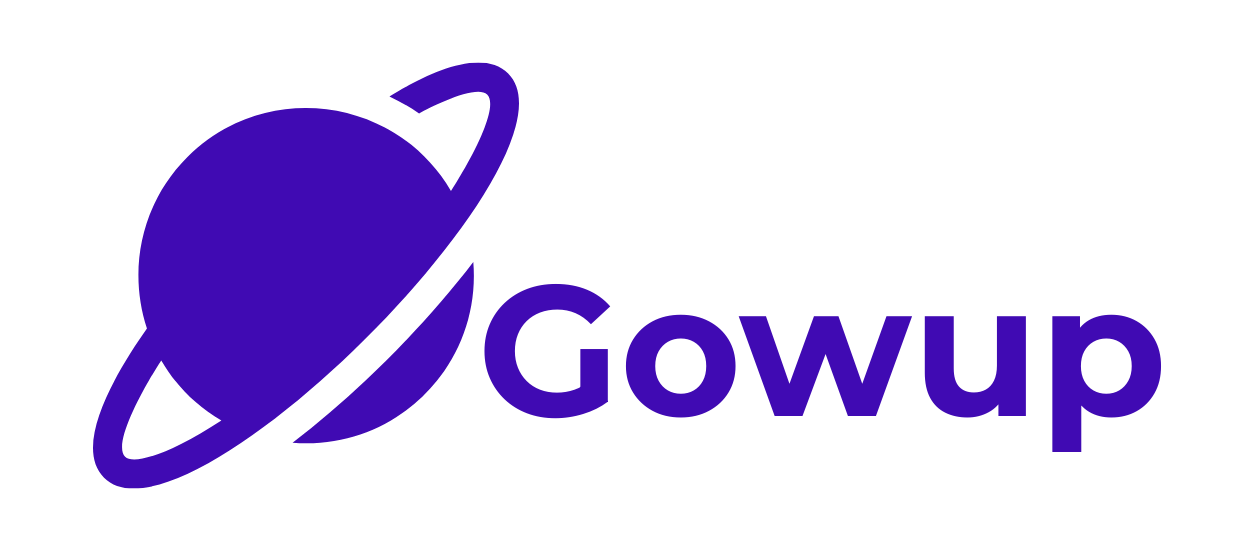
Treasury Cabinet Secretary John Mbandi has spared essential goods such as milk, bread and maize flour higher taxes in a value-added tax (VAT) review that targets products consumed by the rich like air tickets and aircraft parts.
Mr Mbadi had announced plans to move select commodities from a list of goods that are VAT zero-rated to exempt categories, targeting producers of milk, bread and maize flour in what could have triggered a rise in the retail prices of the commodities.
In the proposed Tax Laws (Amendment) Bill, 2024 published on Tuesday, the Treasury has targeted the airline industry.
The 16 percent VAT will now apply on aircraft parts and services such as air ticketing and aircraft hiring, leasing and chartering, which were previously exempt.
Under zero rate, firms are allowed to seek refunds from the Kenya Revenue Authority for VAT they pay on inputs like electricity, fuel and raw material.
For exempt they are not allowed to claim the refunds, which often sees the producers pass on the VAT on inputs to consumers.
The Treasury is proposing to move fertiliser and agriculture pest control products from zero rate to the exempt list, which could spark a rise in the cost of the goods.
Mr Mbadi had initially sought to push milk, bread and maize flour into the VAT exempt list in a move aimed at sealing loopholes in the refund system.
He reckoned that producers had abused the refunds model by not transferring the benefits to consumers, arguing they have been enriching themselves from the reimbursement.
But the plan has not been included in the review in the Tax Laws (Amendment) Bill, 2024, with the focus turning to Finance Bill, 2025.
“The proposals we’ve made are not taxes one would say would hurt the common person or inhibit,” said Mr Mbadi on Tuesday.
“If there is any provision that you think would affect business, please give us a shout. We are at a level where we can still remove that. We are not interested in making the Kenyan economy uncompetitive”
Tax forgone from zero-rating that was due as refunds rose from Sh98.4 billion in 2021 to Sh119.9 billion in 2022 or 1.86 percent of GDP.
The growth was partly attributed to the introduction of new items to the waiver list through the 2021 and 2022 Finance Acts, say Treasury documents.
Mr Mbadi said he would retain goods meant for exports in the VAT zero rated list.
This is in line with the present tax policy that advocates inclusion of export goods in the VAT zero rated list to make locally produced goods cheaper in the competitive global market.
Changes to the list of zero-rated goods and services is part of the broader plan to review the VAT Act over the medium term to seal tax loopholes.
Besides the review of VAT, the Treasury is bringing back some tax measures that it scrapped after deadly protests in June following tough conditions set by the International Monetary Fund (IMF).
It seeks to raise at least Sh140 billion.
The rates of excise duty on cigarettes with filters is proposed for a rise to Sh4,100 for every 1,000 cigarette sticks from Sh4,067.03
Those without filters will surge to Sh4,100 per 1,000 sticks from Sh2,926.41. Products containing nicotine substitutes for inhalation will attract excise duty of Sh2,000 per kilogramme.
The Treasury has proposed to raise excise duty on internet and telephone calls to 20 percent from the current 15 percent, setting the stage for an upward revision of the prices telcos charge for these services.
Mr Mbadi is seeking to raise railway development levy to 2.5 percent from current 1.5 percent of import value and introduce minimum top-up tax which will see multinationals pay a minimum corporate tax at the rate of 15 percent.
The proposal in the finance bill which sought to have operators of digital marketplaces such as food delivery and ride-hailing services pay a withholding tax at the rate of five percent for resident payments and 20 percent for non-resident payments is also back.
Ride-hailing services, online freelance jobs, and food delivery firms face a steeper six percent tax as the Treasury revived a proposal to raise revenue through the sources.
In its new proposals, the Treasury has proposed to introduce a new Significant Economic Presence Tax but a higher 6 percent rate, compared to the 1.5 percent that it had initially proposed under the Digital Service Tax. It joined countries such as Nigeria and India.
Wine prices are expected to rise while that of beer would drop in fresh proposals to set excise duty on beverages based on their respective alcohol contents by volume.
A one-litre wine bottle with 20 percent ABV for instance will attract Sh450 in excise duty from Sh243.43 at present, an increase of Sh206.57.
Excise duty on beer brands such as Tusker and White Cap (500ml bottles) with an ABV of 4.2 percent each will for instance fall to Sh47.25 from Sh71.22 at present.
This could lift flagging beer sales, which saw East Africa Breweries Limited reported 11.79 percent profit drop.
The Treasury has also reinstated plans to impose a five percent withholding tax on interest earned from infrastructure bonds with tenures of at least three years.







